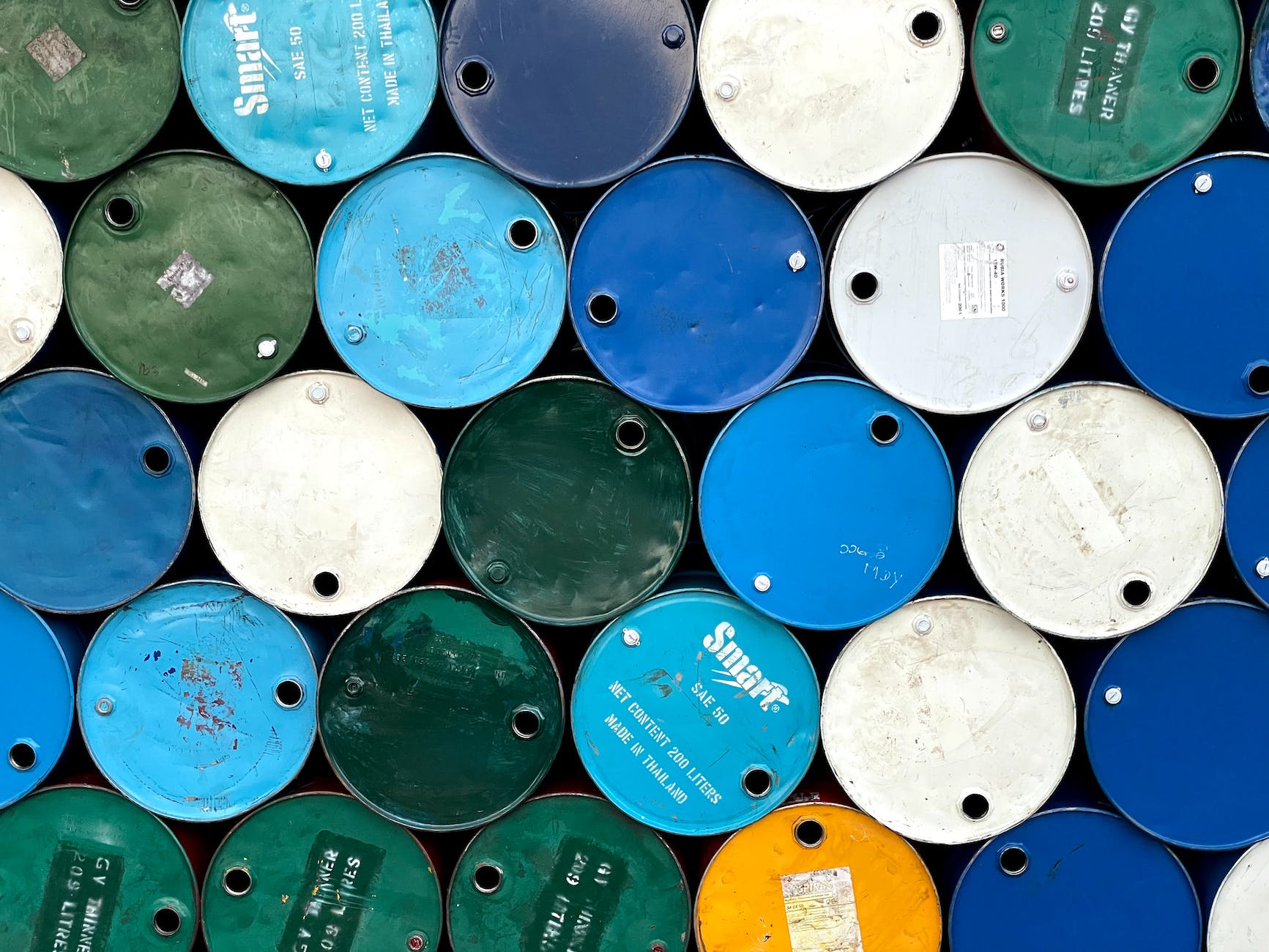
Scrap Metal Recycling
Scrap metal is a valuable resource that can be recycled to save natural resources, reduce energy consumption, and create new products from a sustainable source.
Recycling scrap metal contributes to the conservation of limited resources used in the manufacture of new metal products. Recycling reduces the need for new raw materials to be extracted, mined, and processed.
The production of new metal from raw materials can create pollution through the mining and refining processes. When you recycle scrap metal, you reduce the need for these activities and can help to reduce overall environmental pollution significantly.
If you have scrap metal that you want to recycle, you have several options. Before we go any further, it’s important to note that before you scrap your metal, you should consider safety and environmental standards and ensure you’re not scrapping hazardous materials like batteries or electronic devices. Also, before giving away scrap metal, check to see if it contains any personal information and remove it.
What Should Not Be Recycled?
Before scrapping any metal, it is crucial to avoid scrapping hazardous materials such as batteries and electronic devices. These items may contain toxic chemicals or heavy metals that are hazardous to the environment if not correctly disposed of.
It’s also essential to separate hazardous and non-hazardous materials to ensure they can be appropriately recycled or disposed of. Electronic devices, for example, should be recycled through e-waste programs or taken to authorized collection points, as they often contain materials such as lead, mercury, and cadmium that are harmful to the environment if not handled properly.
Items Made from Scrap Metal
Items made from scrap metal include:
Cars and other vehicles: Many car parts, such as engine blocks and transmissions, are made from scrap metal.
Appliances: Many appliances, such as washing machines and dryers, are made from scrap metal.
Building materials: Scrap metal is commonly used in the construction industry to make steel beams, rebar, and other building materials.
Infrastructure: Scrap metal is used to make many infrastructure products like bridges, roads and railroads.
Containers: Scrap metal makes a wide range of containers, such as drums and barrels.
Consumer goods: Scrap metal is used to make many consumer goods such as cans, pots, pans, and other kitchen utensils.
Tools: Scrap metal is used to make tools such as saws, wrenches, and other hand tools.
Art and decoration: Scrap metal can be used to make sculptures, wall hangings and other art pieces.
Tips for Recycling Scrap Metal
If you have scrap metal that you want to recycle, you have a few options:
Sell it to a scrap metal recycler: sell your scrap metal to a scrap metal recycler, who will pay you based on its weight and type.
Bring it to a recycling center: Many communities have recycling centers where you can recycle your scrap metal.
Schedule a pickup: Some scrap metal recyclers will come to your location and pick up the scrap metal for you.
Donate it: Some organizations, such as schools and community groups, may accept scrap metal donations for fundraising or educational purposes.
It is important to note that recycling scrap metal should be done by certified and authorized companies that follow safety and environmental standards.
By following these guidelines, you can ensure that your scrap metal is recycled safely and responsibly and that hazardous materials are handled in a way that protects the environment and public health.






